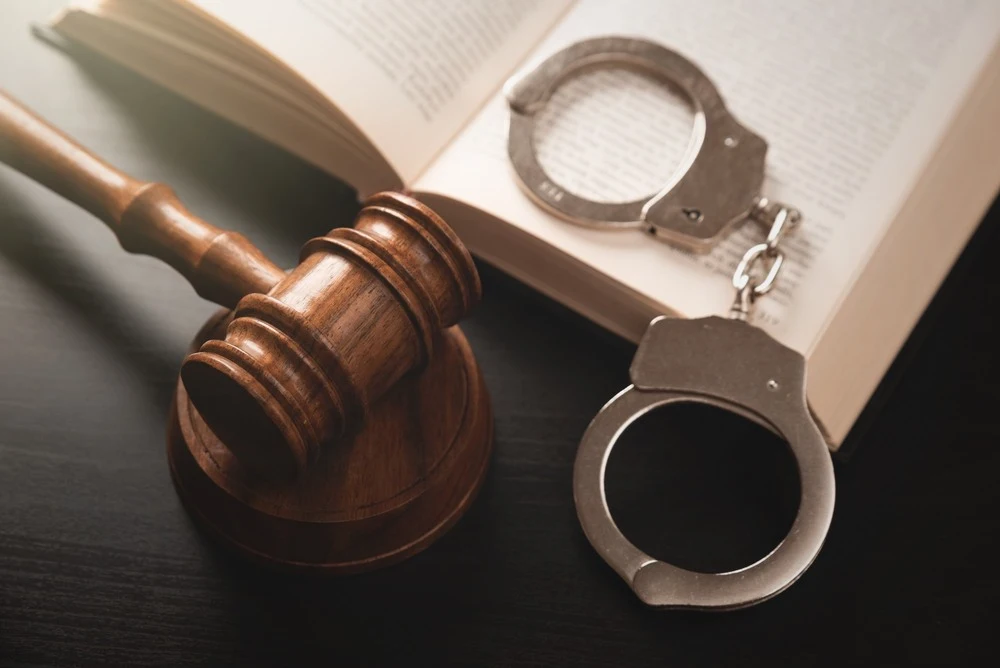After an arrest in Texas, one of the initial legal challenges many individuals encounter is navigating the cash bail system. Designed to ensure defendants return for their court dates, cash bail has long been a point of debate—especially when it comes to fairness and access to justice.
At the Law Offices of Bill J. Stovall, we believe it’s important to understand how cash bail works and how it may affect your rights, your freedom, and the outcome of your case.
What Is Cash Bail?
Cash bail refers to a monetary payment submitted to the court to ensure that the defendant returns for all scheduled court appearances. If the person appears in court as required, the money is refunded (minus any fees). If the defendant does not appear in court as required, the bail money is forfeited, and the court may issue a warrant for their arrest.
How Texas Uses the Cash Bail System
In Texas, judges often set a cash bail amount shortly after arrest, usually during an arraignment or bail hearing. Depending on the alleged crime and other factors (such as flight risk or criminal history), bail amounts can range from a few hundred dollars to tens of thousands—or more.
If the accused cannot afford the full amount, they may:
- Remain in jail until their trial
- Work with a bail bondsman, who will post the full bail amount on your behalf in exchange for a non-refundable fee—usually between 10% and 15% of the total bail.
- Request a personal recognizance (PR) bond, which allows release without payment but is not always granted
Issues with the Cash Bail System
While bail is meant to ensure a defendant’s return to court, critics argue it often punishes poverty more than it protects public safety. Here’s how:
1. Pretrial Detention for Low-Income Individuals
Countless individuals who are not a danger to the community stay behind bars solely because they lack the financial means to pay bail. This can lead to job loss, family strain, and pressure to accept unfavorable plea deals just to get out.
2. Disparate Impact
Cash bail often disproportionately affects marginalized communities, including Black and Latino defendants, who are more likely to face higher bail amounts and fewer non-monetary release options.
3. Uneven Application
Judges across Texas counties have broad authority to determine bail amounts based on the circumstances of each case. This means two defendants with similar charges might receive vastly different bail amounts depending on where they are arrested.
Recent Push for Reform in Texas
In recent years, Texas has come under scrutiny for its use of cash bail. Several counties, including Harris County, have faced lawsuits and implemented changes aimed at making bail more equitable—especially for misdemeanor offenses. In 2021, Texas lawmakers passed Senate Bill 6, which limits the ability of people accused of violent crimes to be released on PR bonds and mandates access to defendants’ criminal histories when setting bail.
While SB 6 aims to increase safety, critics argue it may further entrench reliance on cash bail—particularly for those charged with low-level offenses who still can’t afford release.
How the Cash Bail System Affects Your Defense
Pretrial detention can seriously affect your ability to fight your case. If you’re in jail:
- It’s harder to communicate privately with your attorney
- You have less time and freedom to gather evidence or build a defense
- You’re more likely to accept a plea bargain—even if you’re innocent—just to get out
Being out on bail, by contrast, gives you the time and opportunity to work closely with your attorney, attend counseling or rehabilitation (if applicable), and demonstrate your commitment to staying out of further trouble.
Know Your Options
If you or a loved one is facing bail in Texas, it’s important to understand that you have options:
- Bail reduction hearing: Your lawyer can request that the judge lower your bail by presenting evidence of your financial limitations and demonstrating that you pose minimal flight risk.
- PR bond request: If eligible, your attorney can advocate for your release without cash bail.
- Alternatives to incarceration: In certain cases, alternatives to cash bail—such as supervised release programs or diversion options—may be available depending on the nature of the offense and the defendant’s background.
Protect Your Rights with a Skilled Attorney
At the Law Offices of Bill J. Stovall, we understand how the cash bail system can impact your life, your freedom, and your defense strategy. We fight to secure fair bail terms and work toward your release so you can participate in your defense fully and freely.
📞 Reach out to us now to schedule a private consultation and receive prompt legal support.

